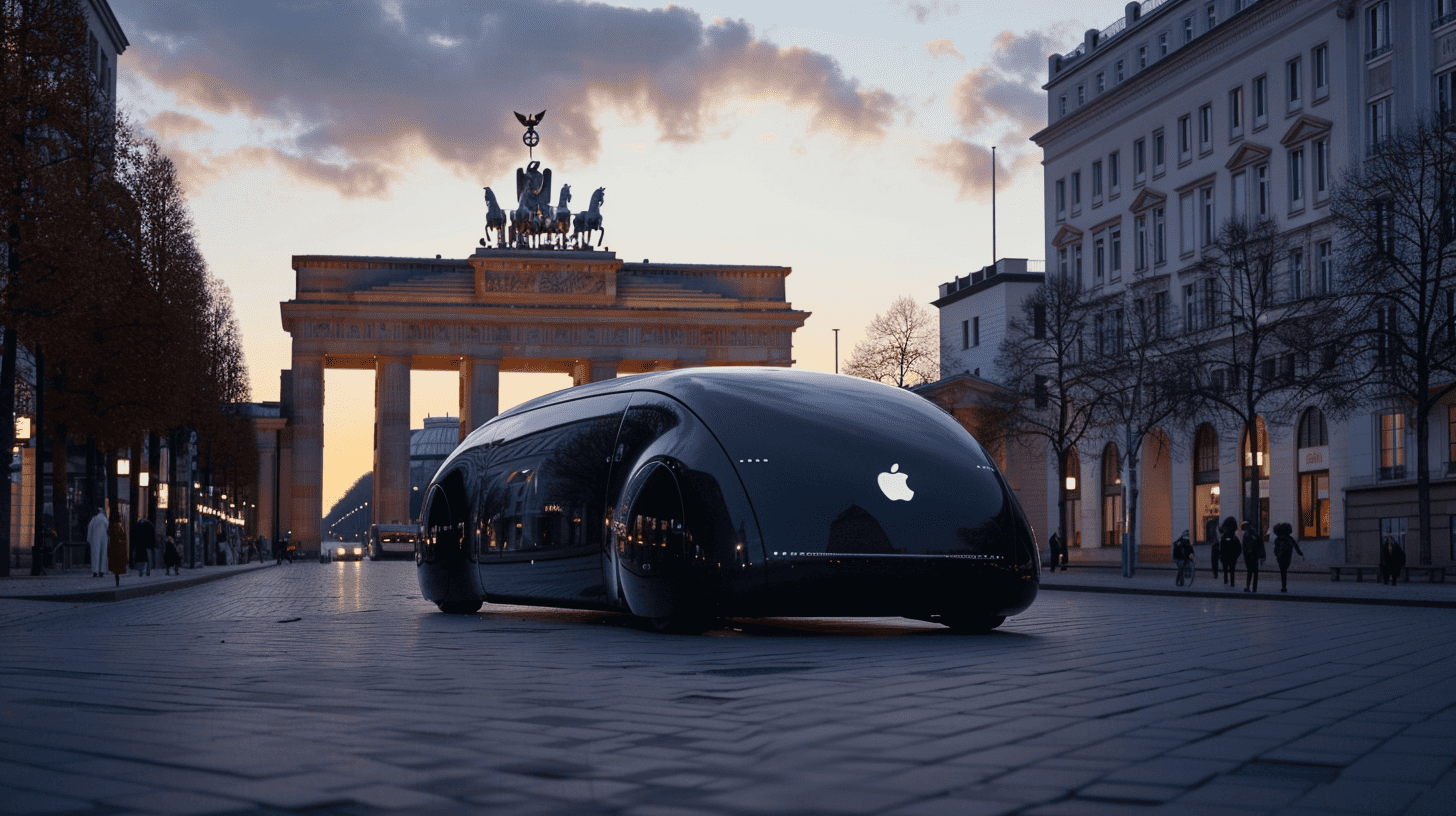
Europe will have to wait longer for Apple’s “smart Siri” and other new AI products. Due to uncertainties surrounding EU regulations designed to limit the power of large tech companies, Apple has decided to delay the introduction of AI-related products for the time being. Apple indicates that Digital Markets Act (DMA) requirements may pose security risks to their users in AI applications.
Why this is important:
Nearly one in three Dutch consumers (29%) use generative AI tools in their daily lives. More are being added all the time. We highlight some useful options.
The company introduced Apple Intelligence earlier this month and announced a partnership with OpenAI, making the AI chatbot ChatGPT available on iPhones. And there’s more. So, the products will not be available to users in the EU yet this year. But, this is coming:
- Apple Intelligence: This suite would make Siri a lot smarter and more useful for users. The AI feature will soon allow the virtual assistant Siri to rewrite text, generate images, and create web page summaries, among other things.
- iPhone Mirroring: A new feature that lets you control the iPhone on your Mac’s screen.
- SharePlay Screen Sharing: An upgrade to the screen-sharing feature in FaceTime that lets you take control of another device.
Apple plans to work with the European Union to find a solution that will still allow us to offer these features to our EU customers without compromising their security.

Smart assistants
In recent years, smart assistants have become hugely popular. Think of voice-activated assistants such as Amazon’s Alexa and Microsoft’s Cortana. These technologies, powered by AI, are becoming increasingly sophisticated and play an essential role in the daily lives of millions of people worldwide.
Although voice-activated assistants have been around since the 1990s, it is only in recent years that they have become truly popular. An important trend is the growing integration of smart assistants into various types of devices, such as speakers and home appliances. In the future, we are expected to see even more devices equipped with voice-activated assistants by default, such as refrigerators and thermostats.

